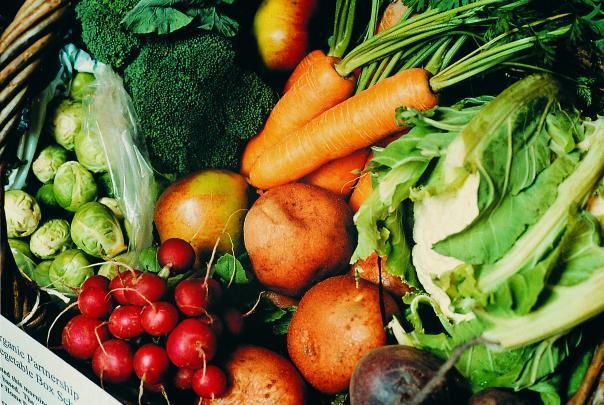
The study followed household food-growers over the course of a year to assess their production, purchase, donation and waste of fruit and vegetables.
It found food-growers are able to produce approximately half of their annual supply of vegetables, 20% of their fruit supply and eat 70% more fruit and veg than the UK national average. The fruit and vegetable waste they produce is also 95% lower than that of the average UK household.
The study also found household food growers ate 6.3 portions of their recommended 5-a-day, which is 70% higher than the UK national average at only 3.7 portions. This finding suggests household food production could promote the adoption of a healthier diet.
Dr Zilla Gulyas, from the University of Sheffield’s School of Biosciences, said: “Eating at least five portions of fruit and vegetables a day is associated with significantly decreased risks of developing health issues like obesity, heart disease, type 2 diabetes and certain types of cancer, and could help prevent associated deaths and cut healthcare costs worldwide. Our new study highlights the role that growing fruit and vegetables at a household scale could play in increasing their consumption.
“We need to find ways to overcome socio-economic challenges to upscaling household food production, especially among those most affected by low fruit and vegetable intakes, like low-income families. Increasing the amount of space available to UK households to produce their own food is essential to this, especially given the steady decline in allotment land nationally.”